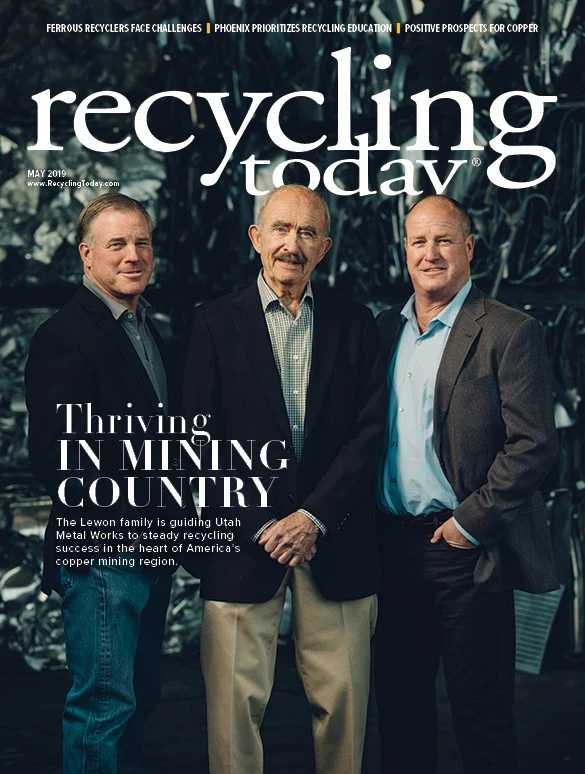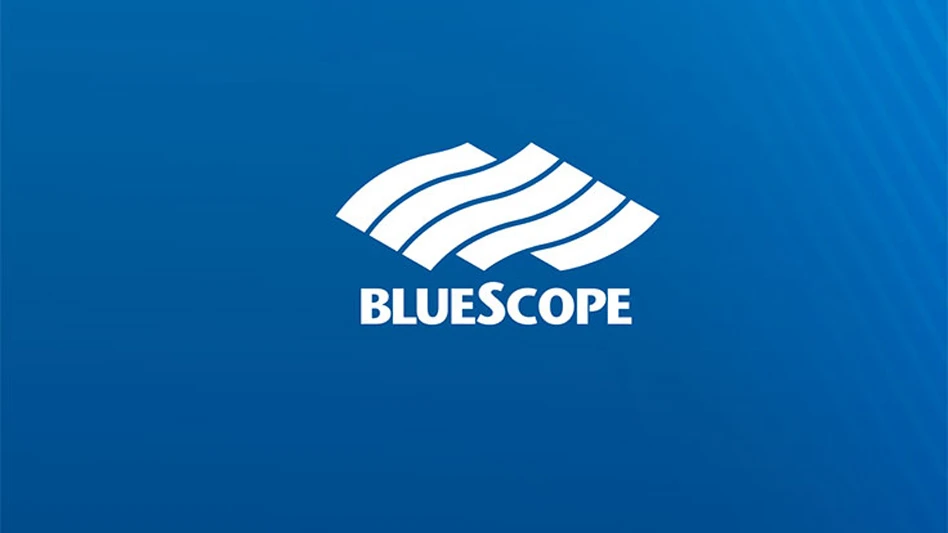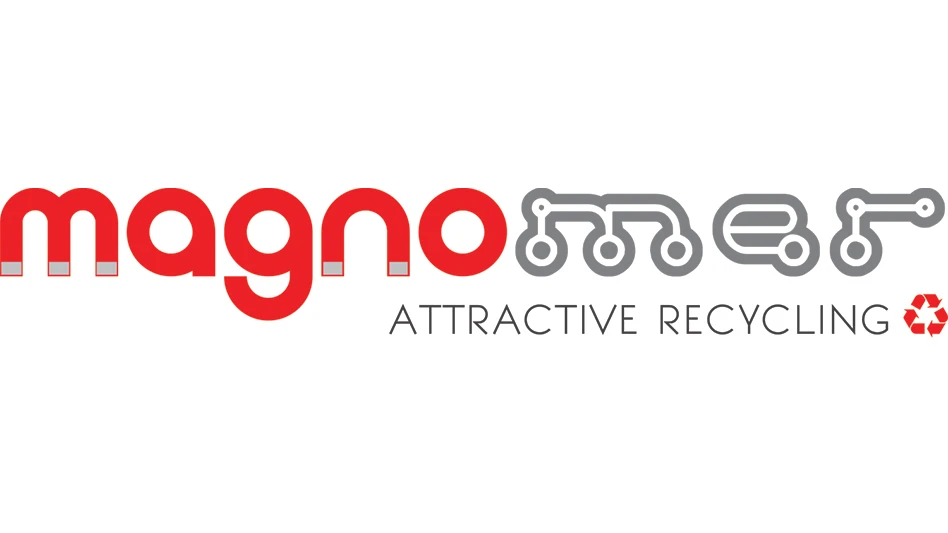
Matt Bedingfield
Chief commercial and strategy officer at Tri-Arrows Aluminum Inc.
Matt Bedingfield is grateful for the opportunities he has been given in the recycling and aluminum industries. Since he joined the industry about nine years ago, Bedingfield has worked at fairly large companies, including Atlanta-based Novelis and now Louisville, Kentucky-based Tri-Arrows Aluminum.
“The aluminum industry has truly been an interesting place to work in the last decade,” he says. “We’ve had a huge sustainability movement, significant mergers and acquisitions, massive growth [and] trade and regulatory issues.”
He adds that some people might find a busy industry “hectic,” but he says he enjoys the busyness and growth.
Recycling Today (RT): Before going to Tri-Arrows Aluminum, you worked at Novelis. How did you end up there?
Matt Bedingfield (MB): I was looking to make a change, and I was just surveying the market to see what was available. A recruiter approached me about the aluminum industry. I’d never really considered aluminum [as a career]. But, once they came to me, they talked to me about the growth the industry was facing. They talked to me about the sustainability in the package, and it became very, very interesting.
RT: How did your experiences at Novelis help you as you transitioned to Tri-Arrows?
MB: When I entered Novelis, Novelis was in an extreme growth phase. So, I got to see a lot of different areas of the business, and it gave me a broad background in a very short amount of time. It really helped me to see what drives value in a business, and that was very important when I got to Tri-Arrows because we were also on the verge of an extreme growth period. Between Novelis and Tri-Arrows, I’ve been involved in about $2.5 billion worth of capital investments. These investments cemented them as two of the top aluminum recycling companies in the world.
RT: What do you see as the No. 1 and No. 2 challenges in recycling today and why?
MB: On the recycling side, the two biggest [issues] are infrastructure and consumer education and behavior.
“Between Novelis and Tri-Arrows, I’ve been involved in about $2.5 billion worth of capital investments.”
Around infrastructure, it’s things like upgrading small bins people have on the curbside to larger carts.
The other one is around consumer education and behavior. It’s hard to get people to recycle. Most people throw away whatever they have unless the recycling bin is just as convenient as the trash can. We’ve seen studies where households will recycle cardboard and bottles, but they’ll throw away their cans. This one really blows me away because the can is the only one that’s infinitely recyclable. That to me says we need better education so people are aware of what they’re doing.
RT: How are you or your company trying to combat these issues?
MB: Tri-Arrows is generating demand for the recycled material. That’s one of the biggest needs out there.
The other thing we’re doing is we were a founding member of what was called the Curbside Value Partnership, and it turned into something called The Recycling Partnership. This is a multimaterial coalition focused on consumer education on infrastructure improvement—the very problems we talked about earlier.

Explore the May 2019 Issue
Check out more from this issue and find your next story to read.
Latest from Recycling Today
- Haber raises $44M to expand to North America
- Canada Plastics Pact releases 2023-24 Impact Report
- Reconomy brands receive platinum ratings from EcoVadis
- Sortera Technologies ‘owning and operating’ aluminum sorting solutions
- IDTechEx sees electric-powered construction equipment growth
- Global steel output recedes in November
- Fitch Ratings sees reasons for steel optimism in 2025
- P+PB adds new board members





